On the afternoon of September 23, the 2022 Global Carbon Management Conference (GCMC) was successfully held in Beijing, themed “Empowering - Releasing Corporate Carbon Power”. The conference brought together experts in carbon management from home and abroad and representatives from leading companies in the carbon management industry to discuss changes and development trends in the carbon management sector over the two years since the "Dual Carbon" goals were set, as well as how enterprises can tap into and unleash their own carbon power under the dual challenges of "carbon neutrality" and "low-carbon transition".
Experts from institutions such as China Quality Certification Center and the Institute of Green Finance at Central University of Finance and Economics, top investment firms like Hillhouse Capital, Sequoia China, and Sequoia Capital, as well as hundreds of elites in the dual carbon field from companies like Apple, Starbucks, Mengniu, Alibaba, Tencent, ByteDance, and Meituan all attended the grand event.
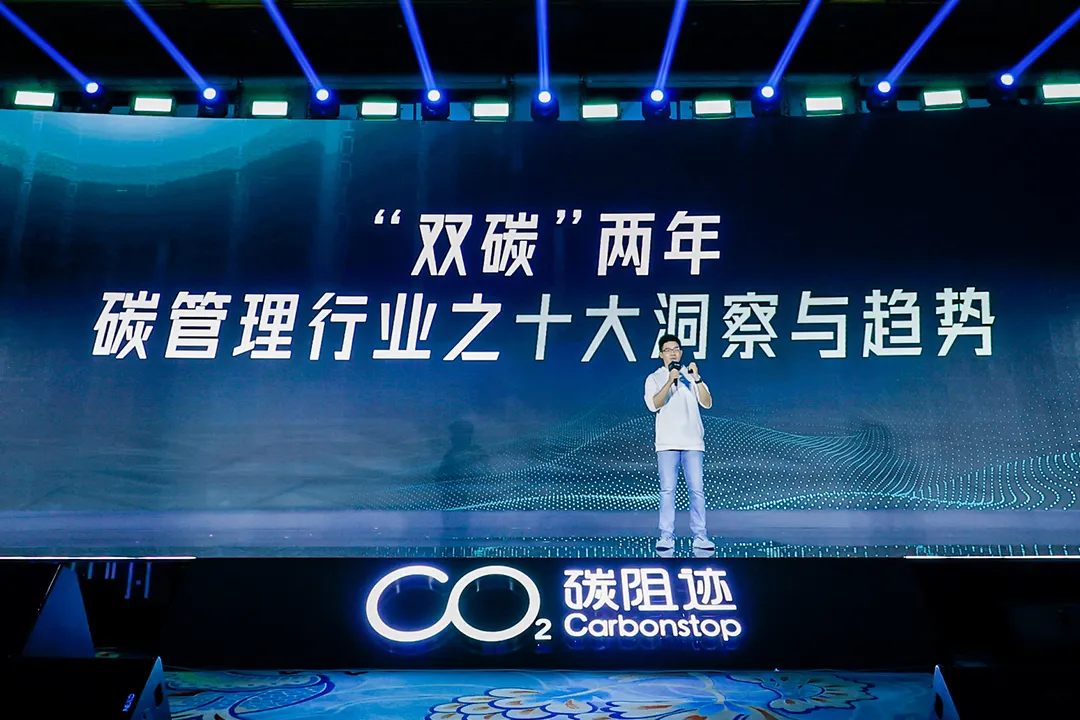
01 Ten Insights and Trends in the Carbon Management Industry Over Two Years of "Dual Carbon" Goals
Since the proposal of the "Dual Carbon" goals two years ago, China's carbon neutrality process has accelerated from concept to driving transformation across industries. As the organizer of the conference, Carbonstop, a leading Chinese provider of carbon emission management software and consulting solutions, released the "Ten Insights and Trends in the Carbon Management Industry Over Two Years of Dual Carbon Goals" on-site, founded by Yan Luhui, CEO of Carbonstop.
The speech delved into phenomena such as the industry's enthusiasm for carbon neutrality "global actions" and vertical penetration, covering hot topics like carbon neutrality investments, shifts in human resources for carbon management, and "carbon neutrality+" business models, diving deeper into the current state and future direction of carbon data, the evolution of three major drivers of corporate carbon management (carbon tariffs), predictions for the carbon management market size, personal carbon accounts, and opportunities in carbon trading, among other forward-looking insights. Based on the first-ever public release of the "China Grid Emission Factor Research Report" and the "China Carbon Price Forecast Report," the speech looked ahead to the ultimate goal of carbon neutrality.
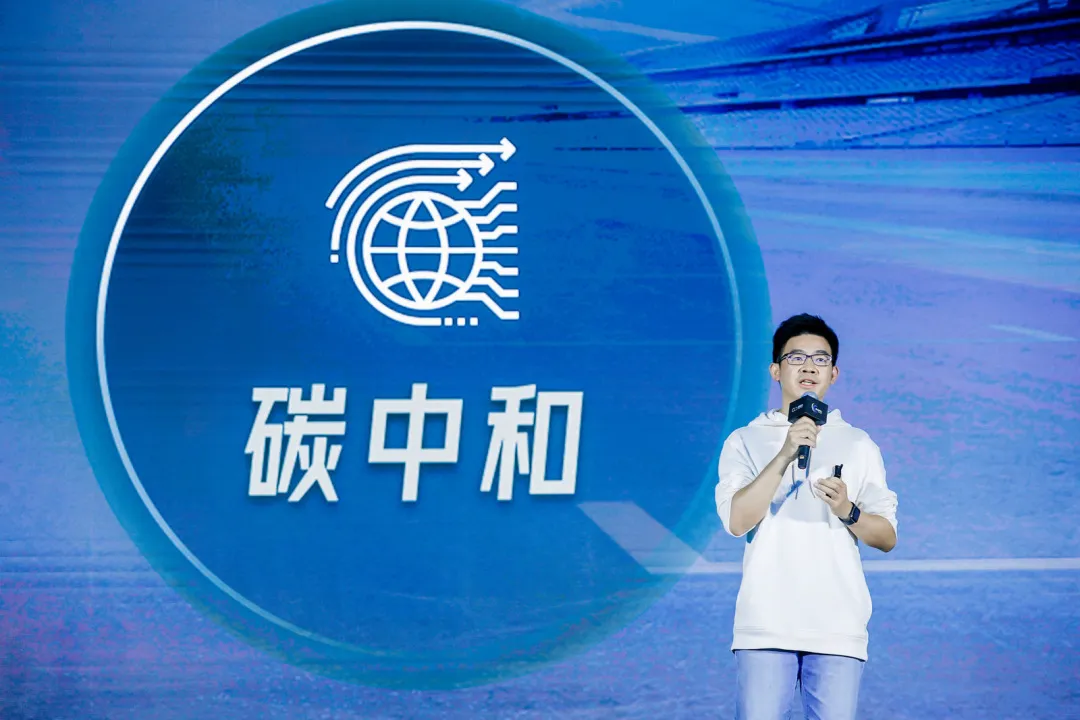
▲Yan Luhui, founder and CEO of Carbonstop, delivers a keynote speech
Yan Luhui noted that carbon is omnipresent, affecting every country, company, and individual. Many companies are now sprinting down the path of low-carbon digitalization, engaging stakeholders in carbon disclosure through friendlier and more visual means. Meanwhile, many companies have begun to explore the assetization of carbon. Perhaps today, only a small fraction of companies are involved in carbon management, but it is believed that soon, more and more companies will join this trend, managing their carbon emissions and implementing low-carbon measures through their actions to ultimately achieve carbon neutrality goals.
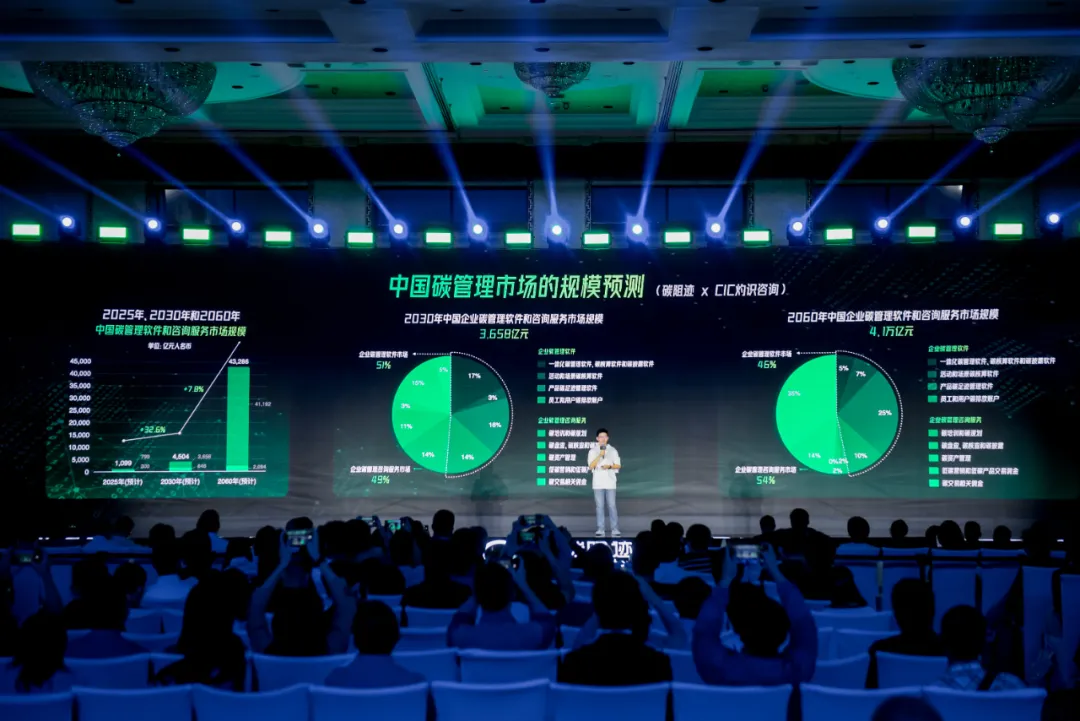
According to the "China Carbon Management Market Size Forecast" jointly researched and published by Carbonstop and Choise Consulting, the size of China's carbon management market is expected to reach 109.9 billion yuan in 2025, 450.4 billion yuan in 2030, and 4,328.6 billion yuan in 2060.
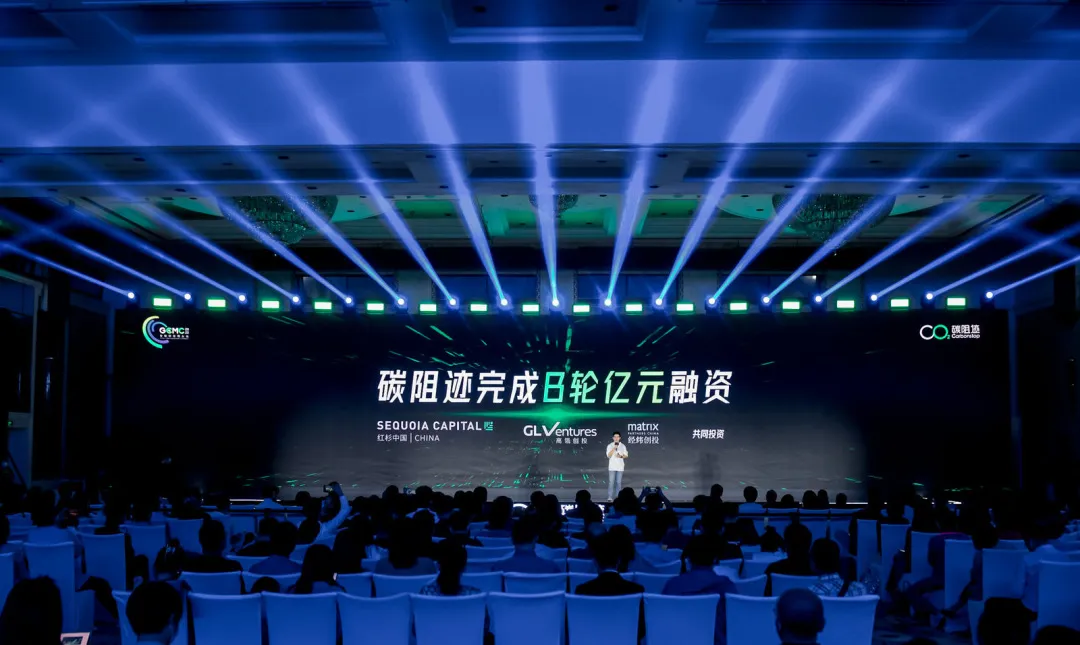
Previously, on August 1, 2022, Carbonstop received Series B financing worth hundreds of millions of yuan, led by Sequoia China with continued investment from existing shareholders Hillhouse Capital and Sequoia Capital. Representatives from these top-tier investment firms were also invited to participate in the conference and share their views on their carbon neutrality investment strategies.
Zhang Lei, founder of Hillhouse Capital, pointed out: "Accelerating the green and low-carbon transition and achieving carbon neutrality have become intrinsic requirements for sustainable development, which must rely on a complete set of infrastructure support. Carbonstop uses the power of technological innovation to provide robust data foundation support for various industries, including Hillhouse's portfolio companies."
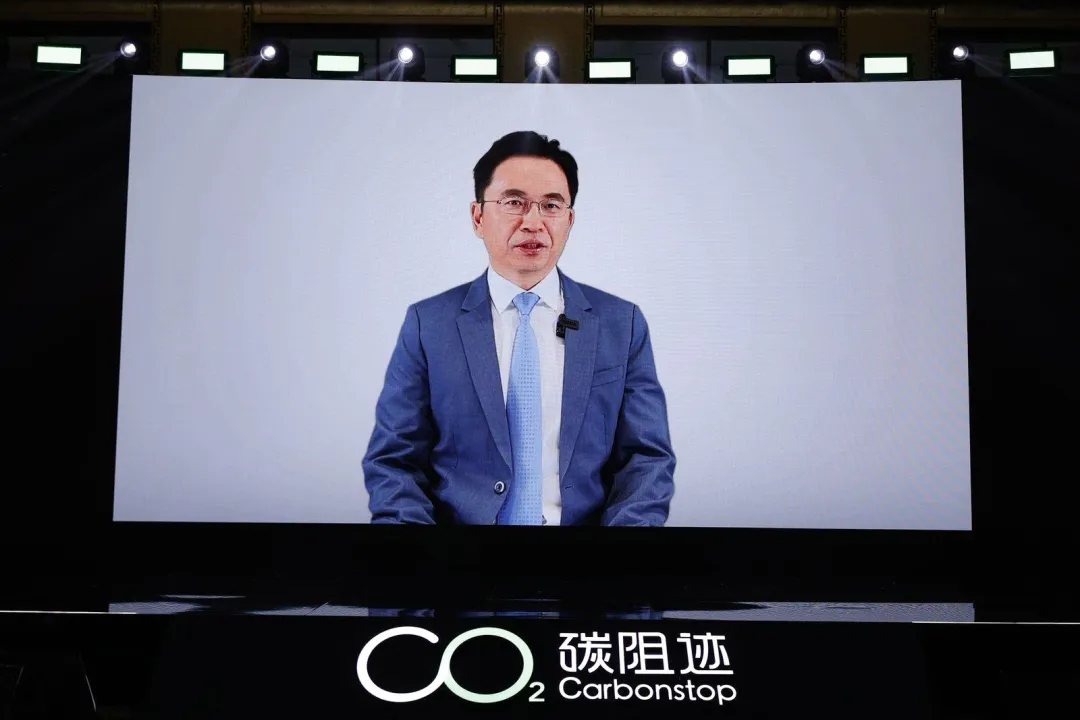
Shen Nanpeng, founder and CEO of Sequoia China, said:
"Carbon neutrality is one of the most important policy and industrial directions in China for the coming decades. As the main participants in economic activities, enterprises, especially tech companies, will become the backbone force in promoting the realization of carbon neutrality. Carbon emission calculation and management are the digital infrastructure for carbon neutrality. By accumulating a rich database of carbon emission factors, Carbonstop has improved the operability of carbon emission calculation and management, providing significant assistance to building a carbon neutrality innovation ecosystem for society."
02 Upgraded Carbon Cloud, Pioneering New Models of Digital Carbon Management
At this conference, Carbonstop introduced the upgraded version of China's first integrated carbon management platform—Carbon Cloud. The new upgrade features the construction of calculation models to achieve intelligent matching of factors, meeting the needs of enterprises to easily obtain complete and accurate carbon inventory data, import data with one click, and generate carbon reports, accurately quantifying carbon emissions and efficiently managing carbon data, making enterprise carbon accounting more convenient.
The Carbon Cloud platform further strengthens product functions and expands product boundaries by implementing a full-chain digital carbon management path based on the CREOS theory (Calculation, Reduction, Engagement, Offsetting, and Spreading). This covers the entire lifecycle of products and services related to carbon inventory, carbon reduction, carbon assets, carbon data, and carbon neutrality, ushering in new models of digital carbon management. To date, Carbon Cloud has provided comprehensive carbon management services to hundreds of well-known enterprises, ranging from Fortune 500 companies like Starbucks, Porsche, BAIC Group, and Baidu, to high-potential companies like Zenggu, Baopu Regeneration, and Xiaowazi Plant Drinks.
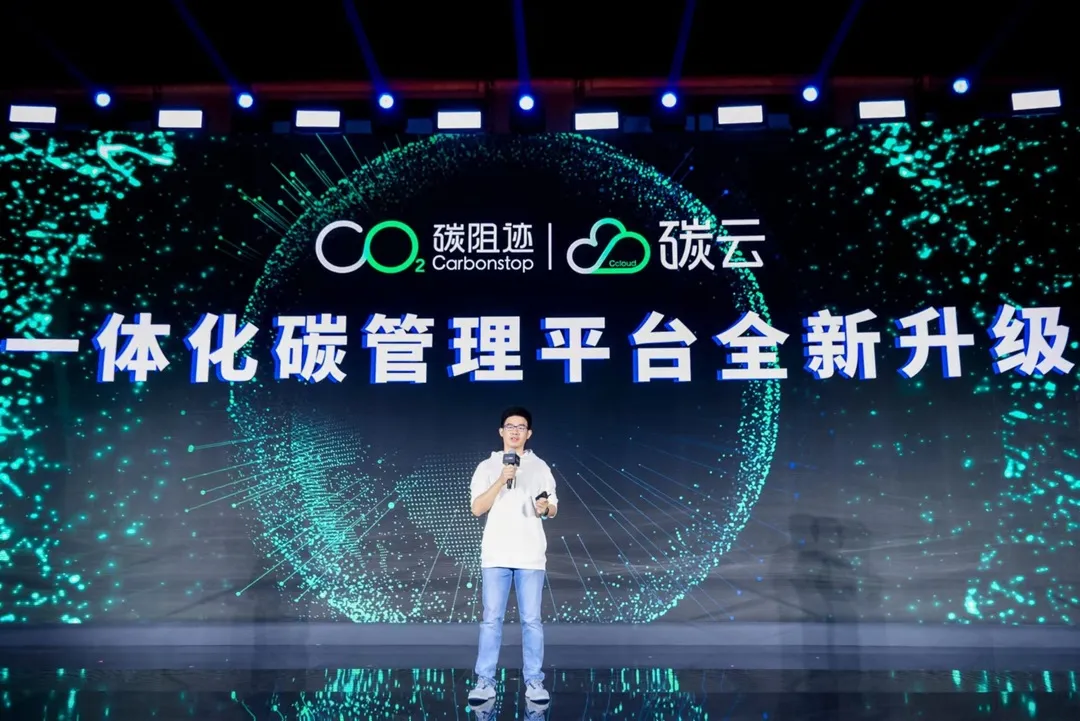
03 Peak Dialogue, Discussing Global Corporate Carbon Management Together
At the conference, Craig Simmons, founder of the world's first carbon management company, leader of the UK Green Party, and former Mayor of Oxford, shared his profound understanding of the carbon management industry after 25 years of experience and insights into global corporate carbon management practices. He mentioned, "We are shifting from viewing business through the lens of energy management and efficiency to seeing it from a carbon perspective. The biggest challenge in achieving carbon neutrality is not convincing businesses to change but supporting them in their zero-carbon transition through digital solutions. By embedding the knowledge of sustainability experts into digital solutions, it becomes more feasible for companies to address their own carbon management issues."
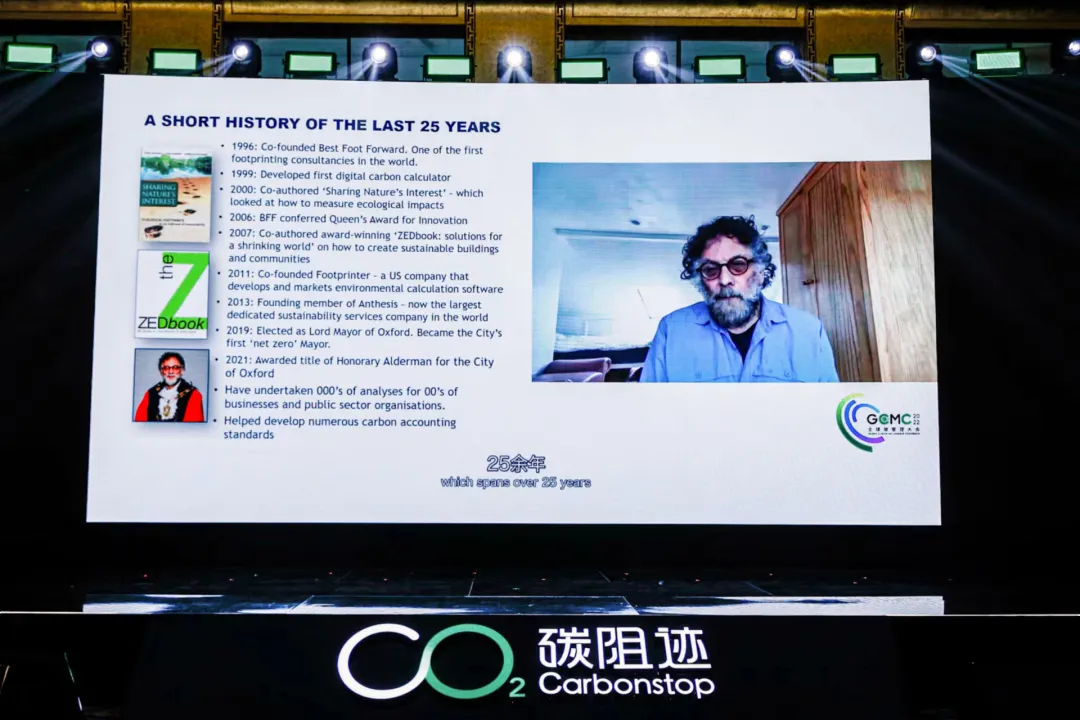
Gregor Pecnik, senior international carbon management consultant at Carbonstop, indicated that the impact of supply chain and financial institution investment portfolios is one of the biggest challenges for Scope 3 accounting. Most companies disclose Scope 3 emissions relying on industry average data rather than primary data from their own operations, which does not facilitate sound decision-making. Gregor believes that companies should collaborate with their supply chain partners to obtain high-quality data and promote standardized and regulated internal data collection processes to overcome carbon accounting difficulties.
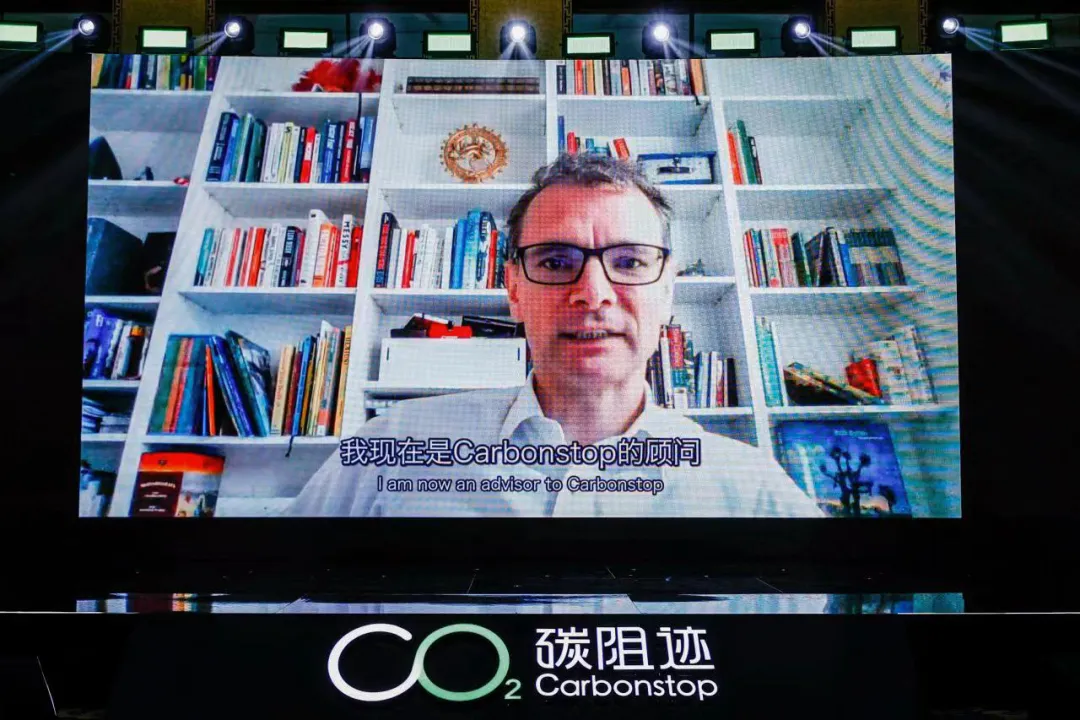
During the panel discussion session that followed, Wei Zijie, Party Secretary and Chairman of Longyuan Carbon Asset Company of State Energy Group, Wu Sheng, founder of Scene Lab, Wang Yao, Dean of the Institute of Green Finance at Central University of Finance and Economics, Liu Kexin, Head of Sustainability & ESG for Greater China at Philips, Huang Peikun, Senior Manager of Social Responsibility Office at Meituan Waimai, and Chen Zhongwei, Director of Environmental Projects at Pan-Standard Technology Services Co., Ltd., engaged in a deep discussion around corporate carbon management practices, challenges, and opportunities, as well as the future direction and trends of carbon neutrality.
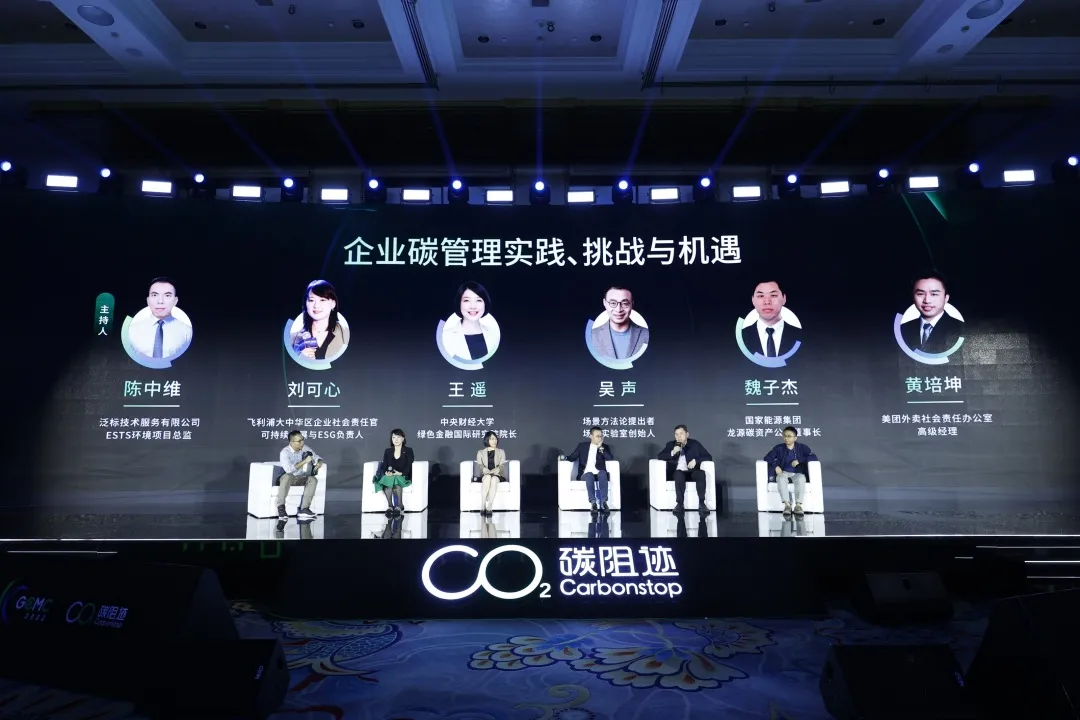
Wu Sheng stated that in the post-pandemic era, there has been an upgrade in perception, with "zero-carbon natives" who inherently possess zero-carbon habits and moral inclinations entering the scene. The new business landscape has entered an irreversible digital cycle, where sustainability must become a new core competency for enterprises. Every company must understand the scene spiral rule based on digitalization and zero-carbonization to discover new growth points in digital commerce that are worth redoing.
Liu Kexin then shared the impact of climate change on health. She pointed out that climate change is closely related to our health. According to the medical journal The Lancet, pollution caused approximately 9 million deaths worldwide in 2015, accounting for one-sixth of the total number of deaths globally, three times the number of deaths from AIDS, tuberculosis, and malaria combined, and 15 times the number of deaths from all wars and other forms of violence. Under these circumstances, paying attention to carbon reduction and climate change is the responsibility of the healthcare industry.
04 Establishment of Carbonstop Research Institute, Lighting the Way for Carbon Neutrality
The "Carbonstop Research Institute" was officially announced to be established at this conference, gathering 26 experts and scholars from the carbon industry. The institute aims to leverage Carbonstop's accumulated experience and industry resources in carbon management consulting to create a high-quality interactive circle for government, enterprises, and scientific associations. It focuses on producing valuable methodologies in the low-carbon sector to help enterprises address core issues they must face during their low-carbon transition, scientifically, diversely, and comprehensively empowering the low-carbon transformation of enterprises and institutions to accelerate the achievement of carbon neutrality goals.
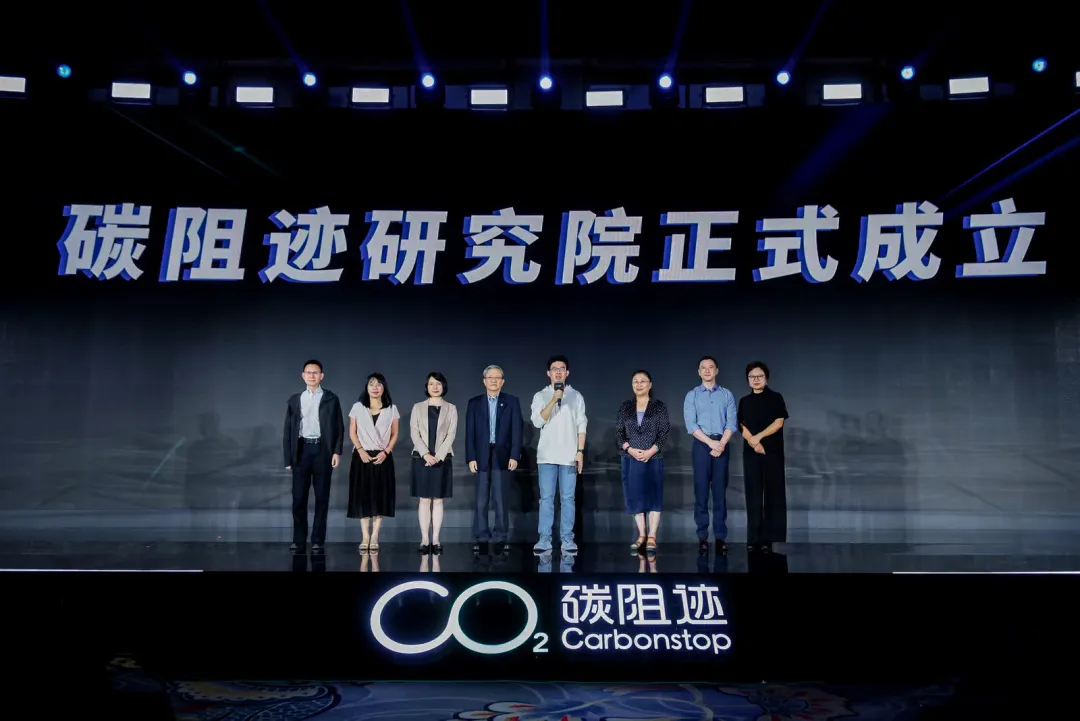
05 Personal Carbon Trading Experience and the Perfect Combination with a Green Conference
In the era of low carbon, the future is already here. Every person's low-carbon behavior can be quantified and assigned value. The initiation of personal carbon trading will better motivate the public to participate in carbon reduction actions. At this conference, Carbonstop not only actively envisioned the future model of personal carbon trading but also achieved the goal of neutralizing personal carbon emissions through a "green conference." Additionally, a special "Low-Carbon Product Experience Space" was presented to integrate personal low-carbon consumption scenarios into the carbon market, allowing conference attendees to experience personal carbon trading firsthand.
Notably, as one of the initiators of green conferences in China, Carbonstop consistently implemented green conference standards during this event, including paperless, bottle-free, recyclable, and zero-waste principles. From the pre-, mid-, and post-conference stages, and from material selection, transportation, catering, and other aspects, the conference fully quantified emissions, deeply explored more carbon reduction opportunities, eliminated unnecessary emissions, and minimized the carbon footprint associated with the conference to the lowest level possible, contributing to the national 3060 dual carbon goals with meticulous efforts.

After calculation, the 2022 Global Carbon Management Conference, attended by hundreds of people, emitted a total of 31.02 tons of CO2 equivalent, with an average emission per person of 54.43 kg. Compared to a traditional conference, this reduced emissions by 20.17 tons (CO2 equivalent).
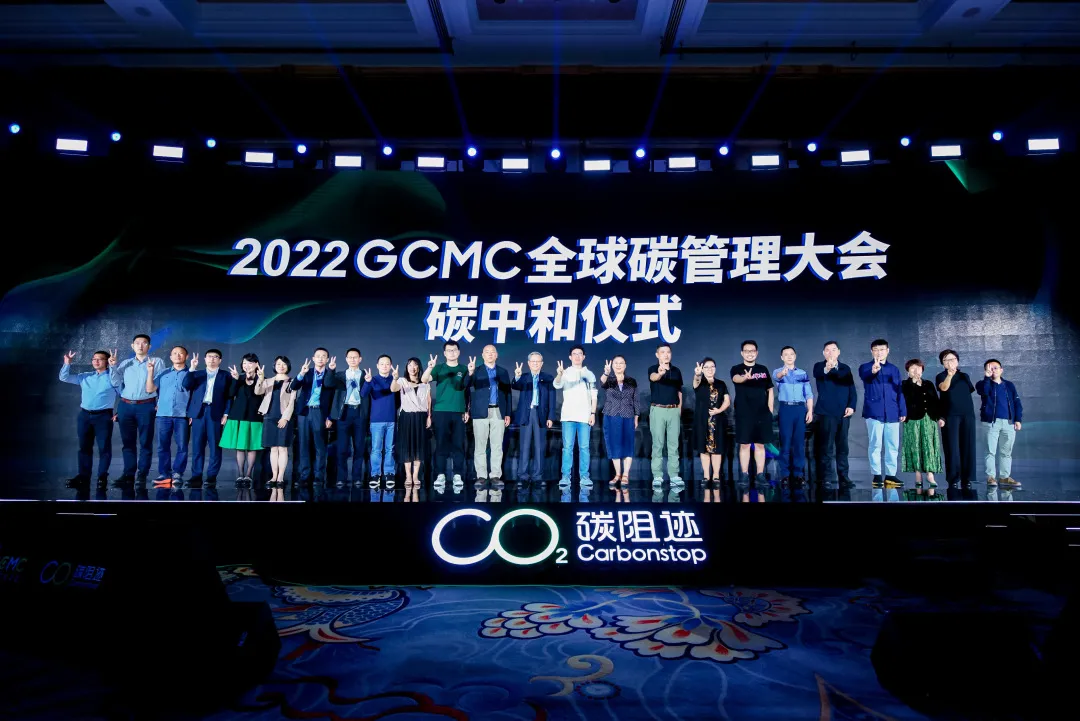
It is worth noting that the conference adopted a variety of methods to offset emissions, including Verified Carbon Standard (VCS), Certified Emission Reduction (CER), Voluntary Emission Reduction (VER), Chinese Certified Emission Reduction (CCER), International Renewable Energy Certificates (I-REC), domestic green certificates, and carbon sinks, ultimately achieving carbon neutrality and creating a pure green conference.






